Aphasia is a language and communication impairment, most frequently caused by damage to left-sided areas of the brain, affecting a person’s communicative and social functioning and quality of life and the quality of life of his/her close social network.
Aphasia occurs in 21 % to 38% of stroke survivors (Dickey et al., 2010; Engelter et al., 2006).
A speech and language therapist (or speech and language pathologist) assesses the type and severity of the communication disability for eachindividual with aphasia. The assessment will determine the person’s communication needs and goals. The speech and languagetherapist/pathologist will measure different aspects of language use and determine what challenges the language and communication problemswill have on typical daily activities.If theperson with aphasia has a history of bilingualism or multilingualism, efforts should be made to assess all the languages known by the personby involving an interpreter or family members and friends. Guidelines on working with interpreters can be found inthe Suggested Readingssection below.An aphasia assessment will cover how well the person can;
Speech and language therapy helps the recovery of people with ap hasia. Depending on the information gathered during these assessments, the therapist will understand what language and communication difficulties the person is having and what their communication need s are. This information helps to plan therapy. Usually, a therapy plan that matches the specific communication needs of the person with aphasia is developed. Therapy sessions may be individual or in groups. The treatment program may also involve training and advice for communication partners to enable effectiv e communication. Screening and referral for problems with mood, and support for general wellbeing may also be provided. There are many approaches to aphasia therapy. In general, no one approach is better than the other. Computer softwa re is frequently used to support language and communication rehabilitation practice. Community level aphasia support and long - term rehabilitation programs exist in many countries, often managed by voluntary and not for profit organisations.
Aphasia affects people differently. Some common issues for individuals include:
For some people with very mild aphasia the symptoms may completely resolve. For others with moderate or severe aphasia the symptoms may persist for months, years or be lifelong. Improvements in communication can occur even several years after the brain injury. Research is ongoing to identify the key elements, for example, age or initial aphasia severity, that can be used to predict who will make a significant versus a poor recovery from aphasia.
No. When persons who were bilingual or multilingual speakers experience a phasia after a brain injury, they generally recover their languages in parallel. Their aphasia symptoms are similar in both languages and may recover these languages to the same extent as before the brain injury. However, many other recovery patterns may a lso occur; unequal recovery of the languages known by the person before the brain injury, different aphasic symptoms in different languages, or unusual use of the languages, such as involuntary language “mixing”.
Communication is a vital human activity. Aphasia has a substantial impact on the individual and their family. People may feel socially disconnected and emotionally uncomfortable about their communication difficulties. People with aphasia will struggle to c ommunicate with family, healthcare professionals and the community. Many people with aphasia become isolated from their friends, experiencing extreme loneliness , anxiety or depression. Others may experience negative attitudes, or unskilled communication pa rtners. Family members are often required to take on new roles in place of the person with aphasia. In addition, family members may also be required to act as a kind of translator fo r the individual with aphasia. These additional responsibilities, along wi th changed relationships and roles, can create considerable carer burden. Health practitioners need to be aware of and seek to manage mental health issues and support needs in people with aphasia and their significant ot hers.
The type or complexity of the language being used, and the level of social or communication support in the environment can ma ke a difference in how much someone with aphasia can take part in communication activities and feel socially connected. To support participation and a sense of connection, we can alter the communication environment to facilitate everyday interactions. When speaking with people with ap hasia, try to support their communication. The speech therapis t may be able to advise you on how best to do this.
Yes. Attitudes to the language disability associated with aphasia and perception and engagement in clinical services may be s haped by the cultural background of the person with aphasia and their relatives an d friends. For example, in some cultures the aphasia experienced by a person may be considered a “punishment from God” or “an evil spiri t” thus minimizing client or family motivation to seek therapy. Similarly, rather than seeking professional services, re latives may take a person with aphasia to a local healer or use home remedies to help recovery. It is important to bear in mind, however, that culturally - shaped behaviours and attitudes are not equally shown among all members of an ethnic group. While some people may be very conservative in their cultural attitudes and beliefs, others may have different perceptions shaped by other cultural influences.
The Tavistock Trust for Aphasia (TTA) has agreed to continue funding another cycle of the IALP Aphasia Mentoring Program. TTA is facilitated and coordinated by the IALP Aphasia Committee through its committee members Abena Asiedua Owusu Antwi (Ghana) and Roxele Ribeiro Lima (Brazil) under the leadership of Marian Brady (United Kingdom). The second cohort of the TTA program will consist of 10 mentors and 10 mentees and is expected to begin in February 2024.
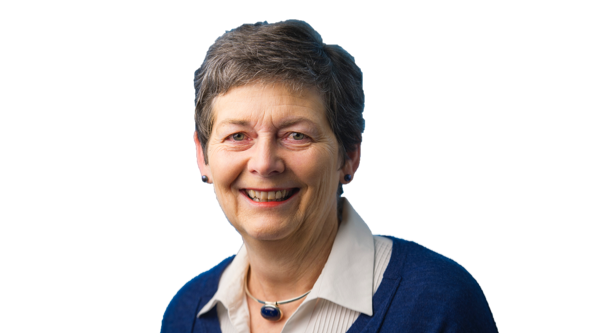
Bronwyn is the past-chair of the IALP aphasia committee. She holds an interest in the development of services for people with aphasia in majority world countries. She has extensive clinical and academic experience in speech-language pathology, having worked in Australia, New Zealand, and the United Kingdom. Bronwyn completed her PhD at the University of Queensland, Australia in 2004, and was appointed Associate Professor in Speech Pathology at the University of Melbourne in 2011.

Laura is a Professor in and Director of the School of Communication Sciences and Disorders at the University of Western Ontario. She previously was a Professor at Indiana University in the U.S.A., where she started the Indiana University Aphasia Support Group. Prior to her academic positions, Laura worked as a speech-language pathologist in both rural school and urban hospital settings in Canada. Inspired by questions she had when providing clinical services to people with aphasia, she left her clinical position to complete her PhD at the University of Arizona. Her research interests include examining how cognitive factors may interact with the language abilities of adults with aphasia or with other acquired communication disorders, and developing assessment and treatment strategies for these individuals.

Abena is a speech and language therapist at the Korle-Bu teaching hospital, Ghana. She is a recent graduate of the novel speech and language therapy programme in Ghana. She is keen on raising professional and public awareness on aphasia in Ghana. Abena aims to improve the knowledge of people with aphasia, family members and friends about aphasia in a bid to reduce communication barriers and encourage social participation.
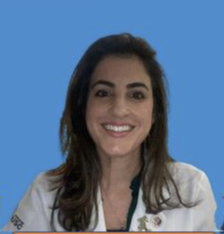
Roxele is a speech therapist, professor and researcher at the University IELUSC, Joinville, Brazil. She received her doctorate in Communication Disorders from the Universidade Tuiuti do Paraná, Curitiba, Brazil and followed the Center of Excellence in Research in Rehabilitation and Recovery from Aphasia(CRE) under the guidance of Miranda Rose in 2019. Roxele participates in the group Rehabilitation and recovery of people with aphasia after Stroke (RELEASE) as a collaborator. She leads group therapy for people with aphasia at the University IELUSC. She is a member of the Brazilian Society of Speech Therapy in Brazil.
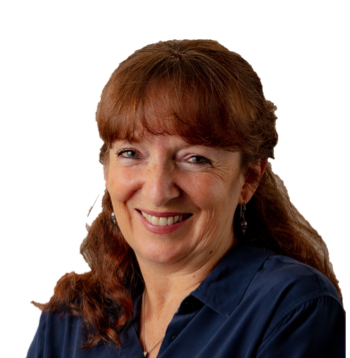
Miranda is Professor of Speech Pathology and directs the National Health and Medical Research Council funded Centre for Research Excellence in Aphasia Recovery and Rehabilitation based at La Trobe University. Miranda worked in hospital and rehabilitation settings in Australia before joining the academic staff at La Trobe University and completing her PhD in 2001. She leads the Effectiveness of Aphasia Interventions Working Group of the Collaboration of Aphasia Trialists (funded by the Tavistock Trust for Aphasia, UK) and co-founded Aphasia Community, a web based link to aphasia support groups in Australia. She is a member of the editorial boards for both Aphasiology and Evidence-Based Communication Assessment and Intervention.

Angelika is a Graduate Assistant, PhD student for Professor Dr. Erich Hartmann at the Department of Speech Language Therapy of the Department for Special Education of the University of Fribourg, Switzerland. Angelika graduated in Speech Language Therapy in 1991 at the Speech Language Therapy institute of the Friedrich-Alexander-University of Erlangen-Nürnberg. She then studied with Professor Walter Huber as a lecturer and research Speech Language Therapist at the RWTH Aachen University, where she studied abroad at Trinity College Dublin and wrote her diploma thesis on the subject of the Landau-Kleffner Syndrome. Angelika gained professional experience in institutions in the areas of child language and neurorehabilitation. She is a pioneer for the academisation of Speech Language Therapy in Austria and played a major role in this development. Her areas of special interest in SLT/SLP include aphasia in childhood and adulthood as well as developmental language disorders. She was responsible for Austria’s participation in the EU project Net Ques under the leadership of the European Speech Language Therapy association CPLOL. She is writing her doctoral thesis on the therapy of children with aphasia.
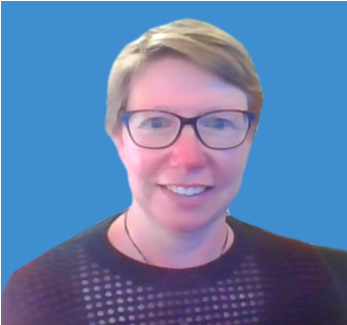
Annette is a speech-language therapist who practices in healthcare and stroke rehabilitation and is the current President of the New Zealand Speech-Language Therapists’ Association. Advocacy and bringing the consumer voice to forefront of clinical practice and research are priorities for Annette in her roles in the profession of speech-language therapy. She has been instrumental in the establishment of long-term aphasia support networks in New Zealand. She is currently undertaking a PhD in the area of couple conversation in aphasia and the development of a patient reported outcome measure (PROMs).
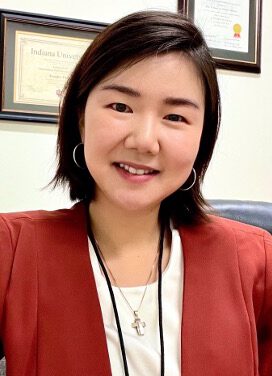
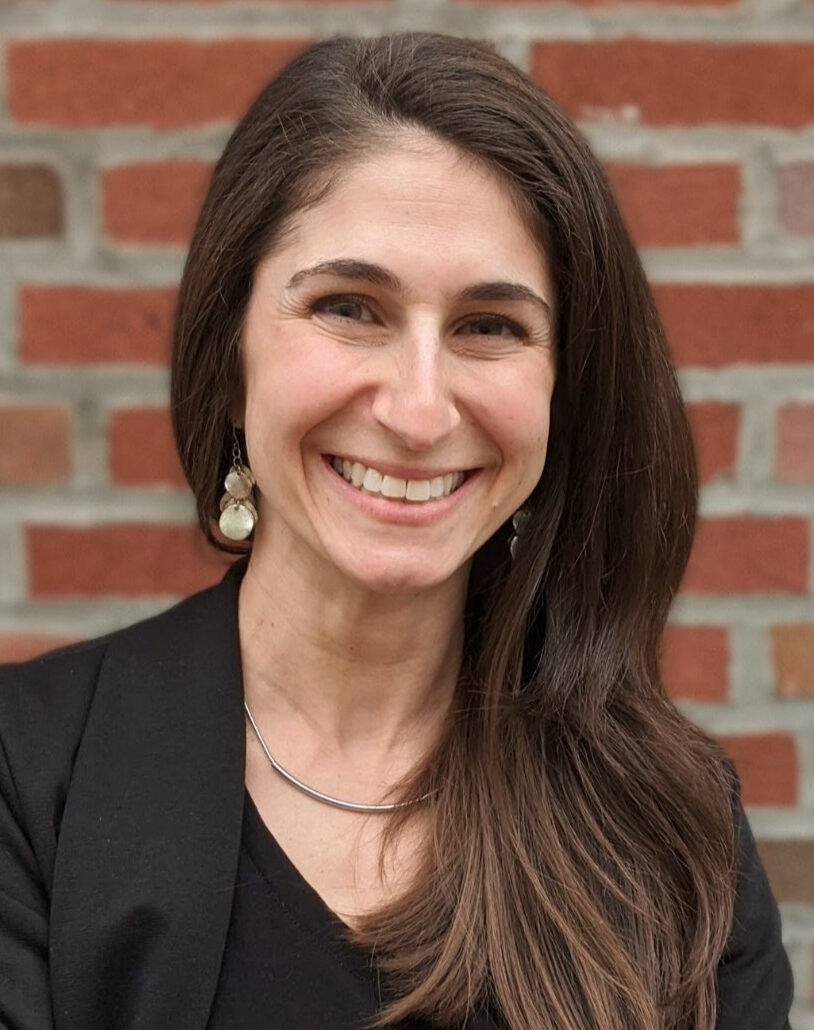
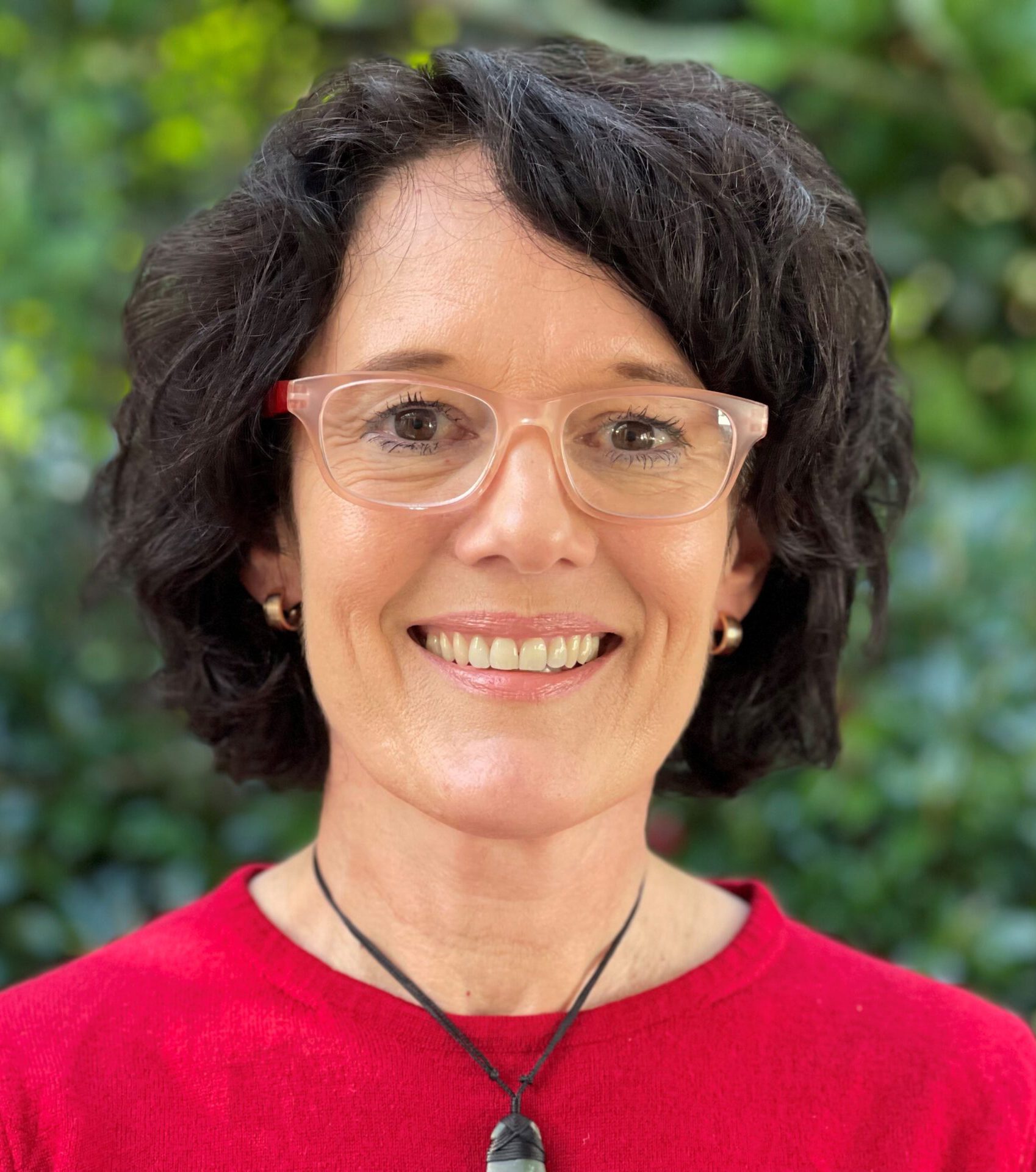
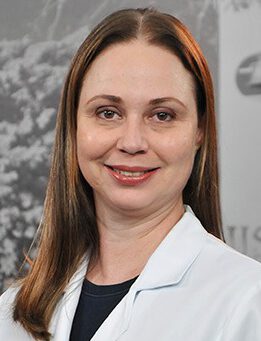
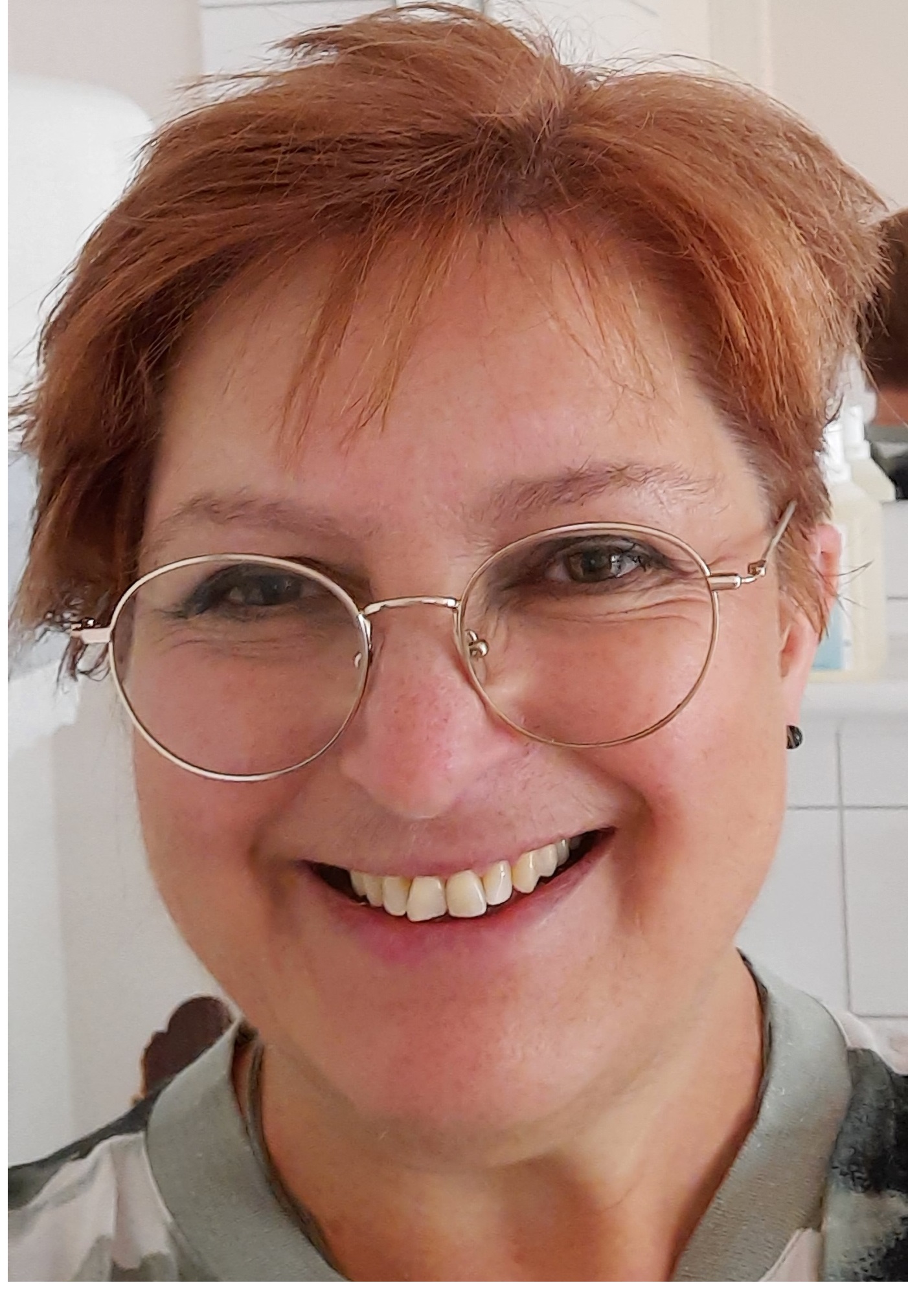
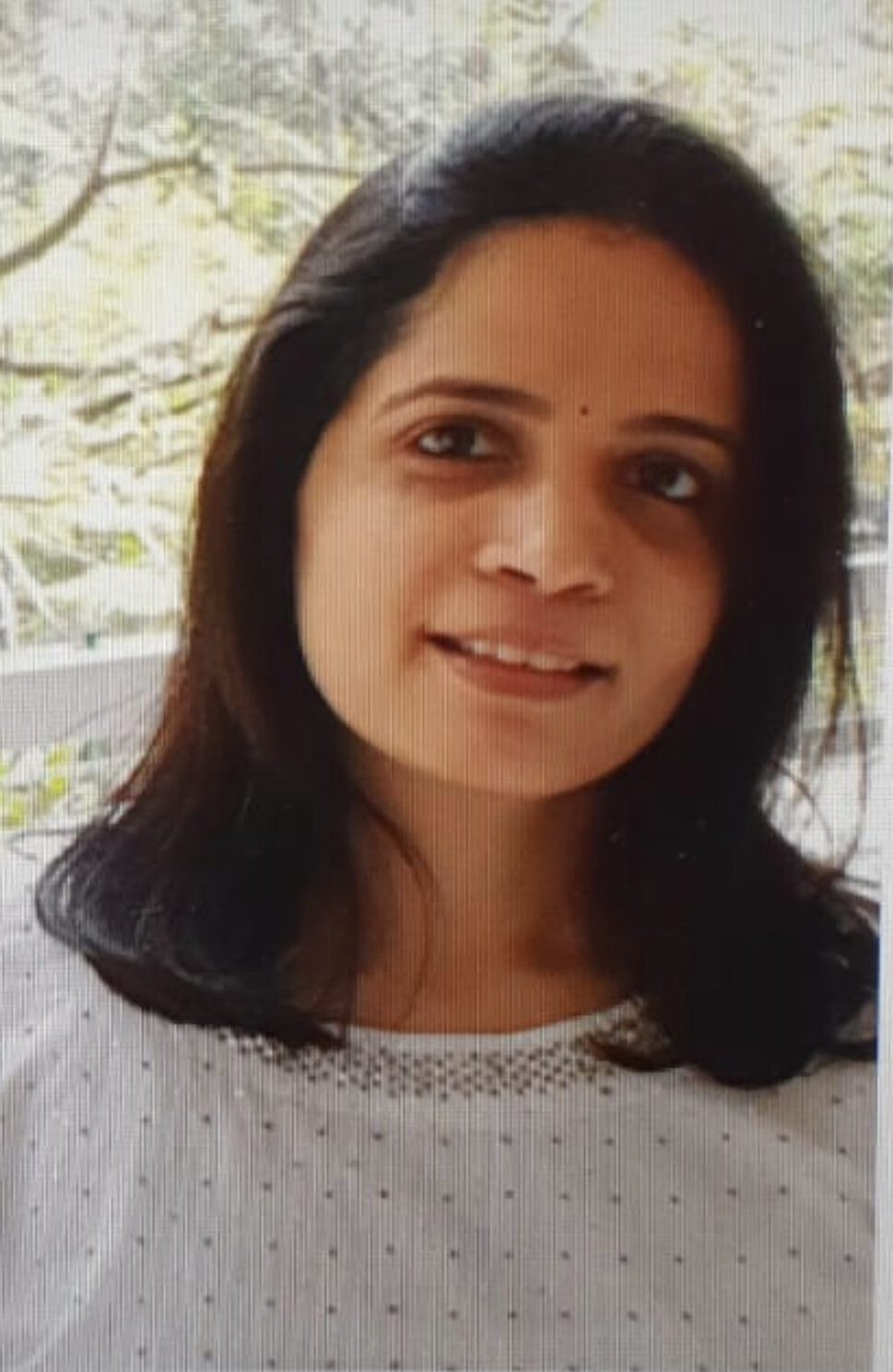
© 2024 IALP, All rights reserved | Master Privacy Policy | Cookie Policy
An individual enrolled for part- or full-time study for preregistration, undergraduate or postgraduate studies directly related to the field of human communication disorders and sciences at a formal education institution. Students must provide official evidence of enrolment at the time of joining the Association and/or registering for a congress/composium.
On behalf of the IALP I would like to thank you for considering membership in our global organisation of professionals.